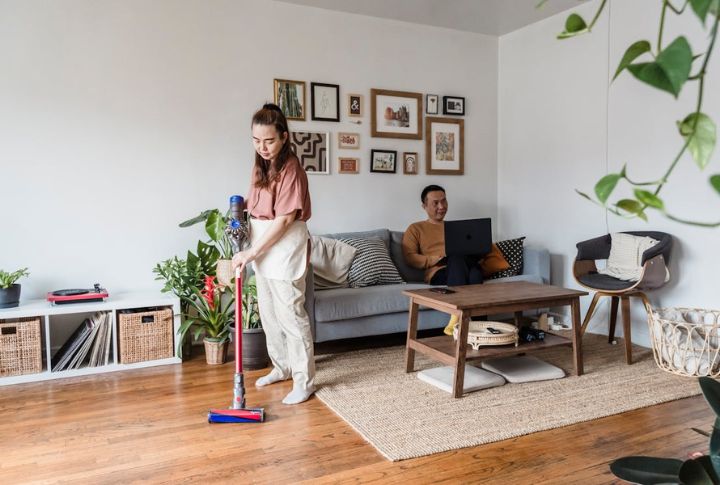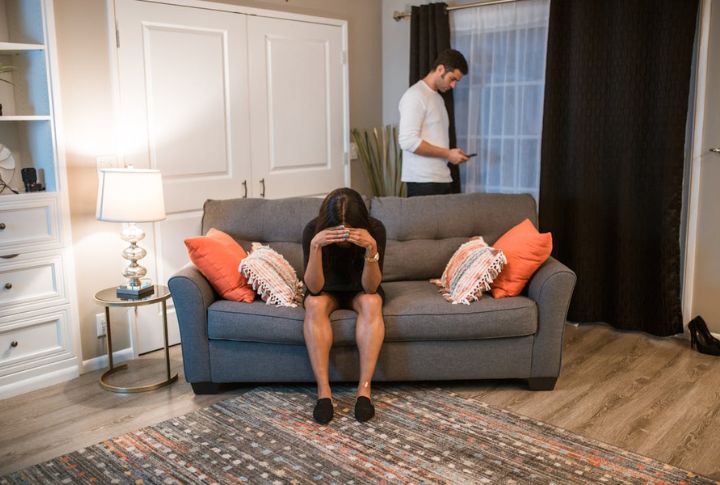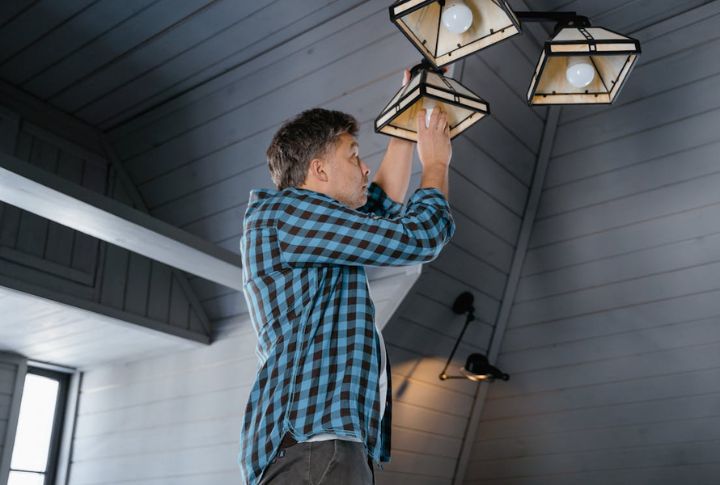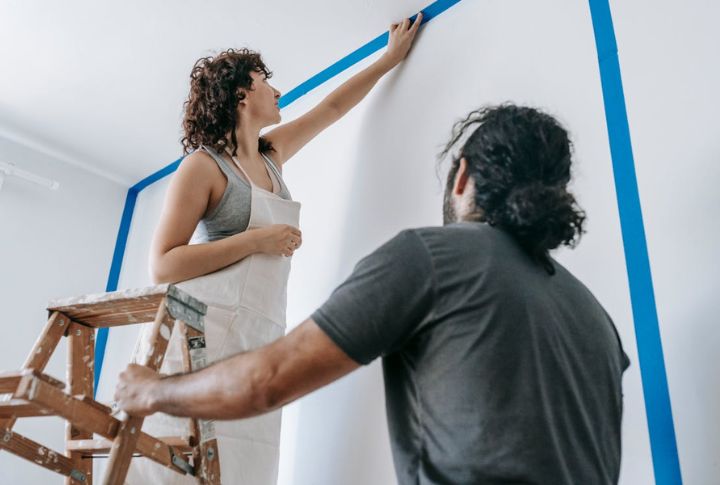
He still says good morning, still asks about your day, but it feels like he’s going through the motions. The emotional spark that made everyday life feel light isn’t there anymore. It’s confusing, and it hurts. Yet his behavior holds quiet clues about what’s changed. Let’s look at the small but telling shifts that often happen when a man’s feelings begin to fade.
Stop Sharing Responsibilities

It starts as barely noticeable changes, like water slowly eroding a shoreline. Over time, you realize your partner has quietly stepped back from household duties. What once felt like teamwork now feels one-sided, leaving you to carry the weight alone.
Avoid Eye Contact

Eye contact is the bedrock of connection. So, as you notice your partner is constantly looking away, or their eyes are glued to a screen when you’re talking, it’s not a trivial habit. It’s like they’ve built an invisible wall right between the two of you during conversation.
Skip Evening Time Together

What begins as a subtle shift in after-work habits can signal trouble. If your partner is consistently trading shared evening wind-downs for solitary activities, they’re retreating from couple time. Suddenly, you realize you’re just two people living in the same house.
Neglect Small Home Repairs

It’s amazing how that steady drip can say so much. The repair could be done in ten minutes, but somehow it keeps getting pushed to “later.” When care disappears from small tasks, it often reflects a bigger problem, one that can’t be fixed with a wrench.
Stop Being Playful

Apparently, laughter isn’t on the schedule anymore. The once-playful banter got replaced by polite nods and background noise. It’s strange how fast “you’re ridiculous” turns from affectionate to annoyed. Humor disappears, and connection tends to follow right out the door.
Stop Caring About The Home’s Look

You mention repainting the bedroom, and he just shrugs. The excitement that once made joint projects fun has quietly disappeared. It’s not about taste or preference anymore. As soon as he stops participating, the distance shows up in more than just design choices.
Prioritize Personal Hobbies

Sure, everyone deserves “me time.” But when it quietly turns into “all my time,” the meaning shifts. What once looked like harmless relaxation starts to feel like retreat. Hobbies stop being outlets for joy and start becoming shields. It’s a subtle way to avoid closeness and connection.
Avoid Physical Proximity

Nothing says romance like opposite ends of the sofa. Though the setup looks cozy enough, it’s really just distance dressed up as comfort. Over time, the house starts feeling less like a home and more like a well-rehearsed routine of polite avoidance.
Dismiss What You Say

You show up all excited with a new recipe, and he barely looks up. You suggest changing the routine, and it’s met with silence. These things seem small, but they aren’t. That quiet disregard builds walls that turn communication into effort instead of understanding.
Ignore How You Feel

It’s the small check-ins that hold a relationship together: asking about your day, noticing your mood, actually listening. And when those moments fade, the silence grows louder. If your feelings get brushed aside, it’s a sign that emotional connection has quietly taken a backseat.

